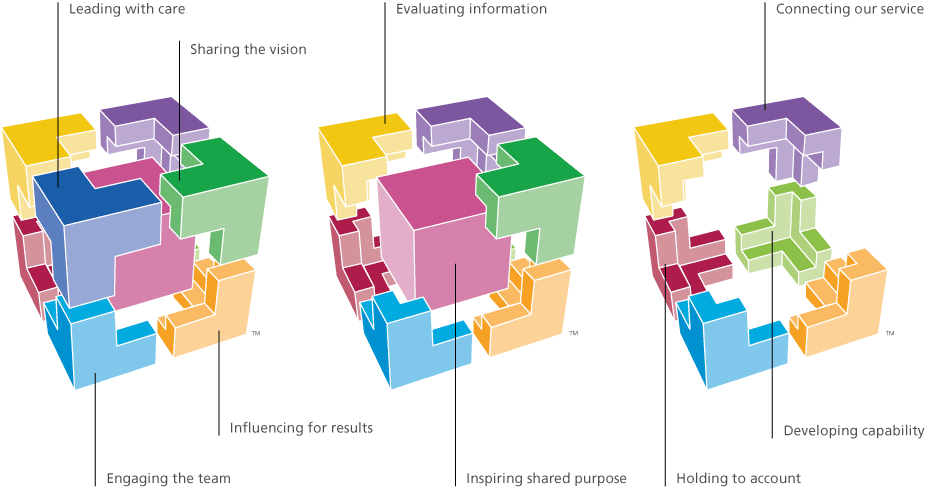User involvement has become a fundamental aspect since the Health and Social Care Act stated NHS reformation due to the Francis, Keogh and Berwick Reports. The NHS constitution states the rights of the patient, what the NHS promises to provide and what patients should expect from the NHS.
"The NHS belongs to us all" - The NHS consitution
User involvement ensures this is the case.
It improves patient care, experience and outcomes alongsidge hospital services, accountability, partnership between patients and providers. Users include Patients, Relatives, Carers, Friends and representatives.
There are several forms of involvement:
- Informal - through comments and suggestions
- Formal - Surveys, PALS, Service User groups, Patient representation on hospital committees.
- Statutory - Complaints to Trusts, involvement on Healthwatch England or Foundation Trust Governors boards
User Involvement gives service users a voice; it gives value to the patient's opinion to implement change within the NHS. Patient Led Assessment of Clinical Environment allows for the fact that often, hospitals and it's staff can become blind to problem areas, whereas service users have the ability to see areas which could be improved for the sake of both patients and staff. It allows for openness and transparency - user involvement can be used as a platform to promote ideas, complaints and response.
"Expert Patients" can be involved on the CQC inspection boards which regulate the quality of care provided by hospitals. Patients can be involved in the design and delivery of services and influence change within services for a better, safer NHS.




